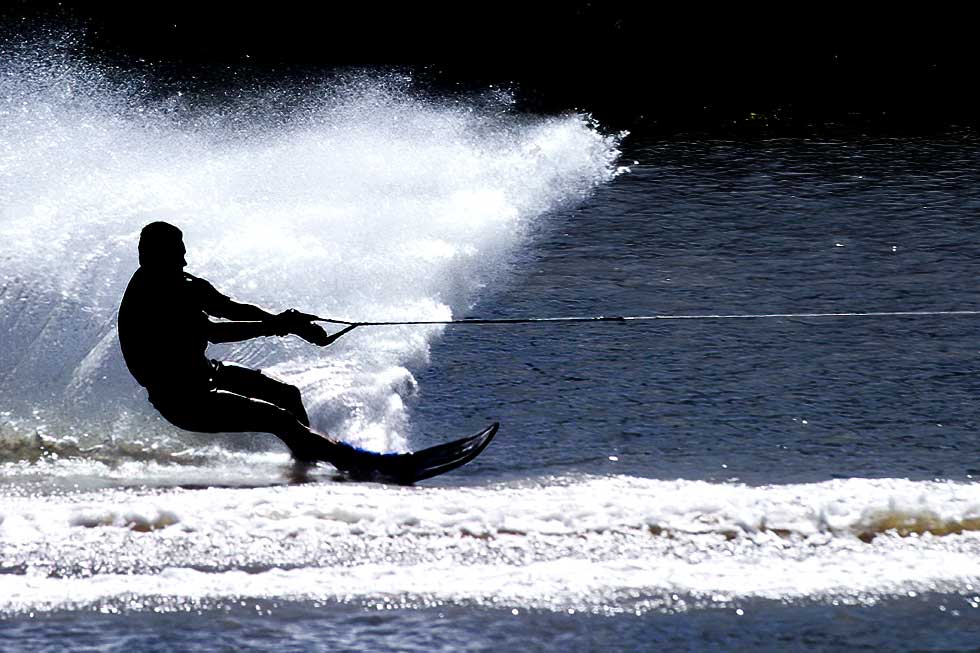Extreme heat can lead to dehydration, heat exhaustion, heatstroke, and even trigger heart attacks or strokes. It can also worsen conditions like heart, kidney, or lung disease. People over 65, young children, pregnant women, and those with chronic health conditions are especially at risk.
Staying Safe in Extreme Heat
Keep Cool
- Use Air Conditioning: If you have air conditioning, use it. Supplementation with a fan reduces costs and lowers the home’s temperature. Set your AC to 26-27˚C.
- Ventilation: Open windows and doors if it’s cooler outside than inside. Fans help cool you when indoor temperatures are below 39-40˚C.
- Stay Wet: Use a spray bottle or damp sponge or take cool showers to keep your skin wet.
- Cool Towels: Soak a towel in cool water and wrap it around your head or neck.
- Light Clothing: Wear light, loose-fitting clothes.
- Public Places: Visit air-conditioned places like shopping centers or libraries.
- Block Sunlight: Use blinds or curtains to block direct sunlight.
Stay Hydrated
- Drink Water: Before you feel thirsty, especially outdoors or active. Consult your doctor if you have medical conditions requiring fluid restrictions.
- Carry Water: Always take a water bottle with you when leaving home.
- Monitor Dehydration: Watch for signs like thirst, lightheadedness, dry mouth, tiredness, dark urine, or reduced urination.
Plan Ahead
- Reschedule Activities: Move non-essential outings to cooler parts of the day.
- Shade and Sunscreen: When outside, seek shade, wear a hat, and apply sunscreen.
- Weather Updates: Check weather forecasts and heatwave warnings regularly.
- Stock Essentials: Ensure you have enough food, water, and medicines to avoid going out in the heat.
- Emergency Prep: Prepare for power failures (as they may happen in Bulgaria during excessive heat season) with a torch, battery-operated radio, charged mobile phone and battery bank, and non-perishable food. Remember that lithium-ion batteries in portable devices are heat-sensitive and can become fire hazards. Most have a maximum charging temperature of around 35°C.
Check In With Others
- Stay Connected: Regularly check on family, friends, and neighbors, especially those at higher risk. A quick call can make a big difference.
Special Care for Vulnerable Groups
Older People
Older adults are more vulnerable to heat-related issues. They should:
- Medical Review: Consult their doctor to ensure medical conditions are managed before hot weather.
- Adjust Medications: Doctors might suggest changing fluid intake or medication dosages during extreme heat.
Children
Young children need extra care:
- Hydration: Offer extra breast or bottle feeds and encourage regular drinking.
- Cool Clothing: Dress them in light, loose-fitting clothes.
- Stroller Tips: Keep babies in strollers cool with a moist cloth and a battery-operated fan if available.
Outdoor Workers and Exercisers
Those working or exercising outdoors should:
- Reschedule: Cancel or reschedule heavy tasks for cooler parts of the day.
- Frequent Breaks: Take more frequent and prolonged rest breaks in the shade.
- Stay Hydrated: Drink at least half a liter of fluids two hours before exercise and about 200 ml every 20 minutes during activity.
Fire Risks During a Heatwave
The fire risk significantly increases during a heatwave, particularly with dry air. High temperatures, low humidity, and dry conditions can turn vegetation and other materials into tinder, ready to ignite. This can lead to wildfires or house fires, posing severe threats to safety and property.
What To Do in Case of Fire
- Immediate Actions: If you notice a fire, call 112 immediately. Provide clear information about the location and nature of the fire.
- Evacuation Plan: Have a personal evacuation plan and practice it with your family. Know at least two ways out of your home. Learn more about what to do in case of fire.
- Stay Informed: Monitor local news and weather reports for updates on fire risks and heatwave conditions.
- Home Safety: Clear leaves, debris, and flammable materials from around your home to create a defensible space. Pay special attention to removing or cleaning reflective surface material, such as glass (broken glass), from around your home. Avoid using open flames or grilling near dry vegetation. Keep fire extinguishers accessible.
Remember, in case of any fire emergency, dial 112 for immediate assistance in Bulgaria.
How You Can Help Others
- Check Regularly: Ensure at-risk relatives and friends are coping. Call them at least once on extreme heat days. Offer to do shopping for people in need.
- Provide Cool Spaces: If safe, take them to cool places like shopping centers or invite them to stay over if their home is too hot.
Managing Events or Workplaces
If organizing events or managing workers in the heat:
- Provide Water: Ensure free and accessible water at group events.
- Know the Signs: Recognize symptoms of heat-related illnesses and know how to respond. Learn how to manage a Heat Stroke.
- Heatwave Plan: Develop and follow a heatwave plan.
More general tips on how to survive scorching days in Bulgaria.



